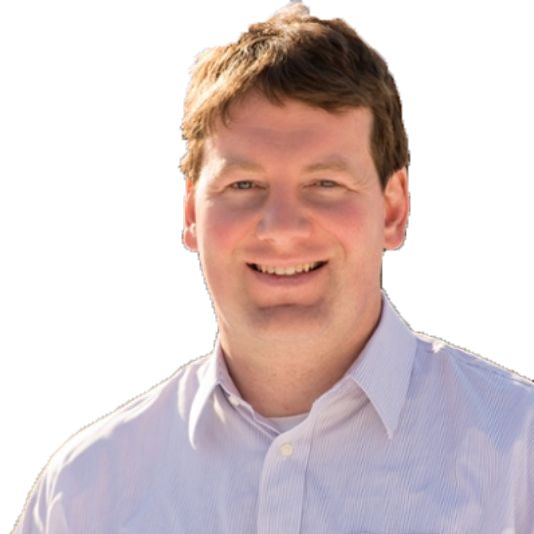
Kevin Van Valkenburg
Interviewed by Callie Caplan in 2015
I grew up in Missoula, Montana, and my mom was a journalist.
She was a copy editor and editorial writer for The Missoulian. My dad was a public defender for a long time, and then became a prosecutor in Missoula.
When I was growing up in the 1980s and 1990s, the only way to be exposed to sports writing beyond your local newspaper was Sports Illustrated.
When I was a kid, I used to obsessively pore over Sports Illustrated covers. Entire walls in my bedroom were covered in Sports Illustrated covers. I would read the stories and then cut out pictures or cut out the covers and put them on my wall, and that was how I decorated my bedroom.
For a long time, I just read the articles and didn’t really think about bylines, but probably in high school, I started to think about who the person writing these things was, almost shaping my perceptions of famous athletes. That’s when I started to get hooked on the idea of doing this.
My senior year in high school, I decided I wanted to write for the student newspaper. I hadn’t really written until then, so I kind of waltzed into the journalism office and begged them for a sports writing job and got it, and that was the beginning.
I went to the University of Montana to play football as a walk-on in 1996. They recruited me and said ‘If you do well, there will probably be a scholarship for you one day.’ I don’t know how serious they were. I also had some scholarship offers from some smaller schools.
There are no professional sports teams in Montana, and the closest teams are the Broncos and the Seahawks, which is equivalent to a 12-hour drive to Denver and a 10-hour drive to Seattle. You end up either end up rooting for the local college teams like the Montana Grizzlies or picking randomly.
I was a Lakers fan and a Bears fan growing up, but the power the college team held, it’d be like growing up in Tuscaloosa and wanting to play for Alabama. I played two years for the Grizzlies, redshirting my freshman year, and I think I appeared for two games, a bunch of special teams plays. I think I had two tackles in a blowout game on homecoming, and that was the equivalent of my entire college career. I was a middle linebacker, and I took my fair share of beatings.
At some point, I realized this was not going to work out. It was a really hard decision, but I joined the student newspaper right around the same time I decided to stop football. There was a brief overlap where I was going to school, doing the student newspaper covering the women’s basketball team and going to spring practices in the morning.
I would fall asleep in class and was really irritable and kind of a jerk. I decided I had to make a choice, so I chose the newspaper. Years prior, my mom became a professor at the University of Montana teaching journalism, so it was kind of a natural transition for moving from one family to another in a way.
I joined The Kaimin, the student newspaper at Montana, covering soccer, women’s basketball and a little bit of men’s basketball. I stayed away from football for a year or so because it was weird covering or writing about guys I played with.
I had a really unusual, lucky career path. In my senior year, I had no really serious job or internship prospects.
I had a really talented class of kids I was with, and they were going off to internships at the Associated Press, Seattle Times, Oregonian, Detroit Free Press and all these cool places.
This was at the height of journalism before it crashed and the bottom fell out of advertising in newspapers, so newspapers were hiring people, and I really heartbroken that nobody really seemed interested in having me be a summer intern or a post-grad intern.
I had worked at the Great Falls Tribune for a summer in the fall of my senior year. I also covered high school sports at The Missoulian while also working the student newspaper, so I had kind of a crazy schedule. I think I applied for 50 internships at every paper I could think of, and I had gotten 49 rejection letters.
Out of the blue, the Baltimore Sun called, and said ‘We really liked your stuff. All of our summer internships are filled up, but we want to hire you as a two-year intern, and we’re going to fly you out to Baltimore to interview you as a formality.’
My whole life changed in that moment. I was thinking maybe I would backpack around Europe or some cliché thing, maybe come back for a fifth year college to try to be the editor of the student newspaper.
I flew out to Baltimore and went through a day of interviews, and they called me that night in my hotel and said ‘We’d like to offer you the two-year internship with the expectation that it will turn into a job after that.’ I remember looking in the mirror and thinking ‘Oh my God, my whole life has changed.’
I worked at the Sun for the next 11 years. University of Montana was four blocks from where my parents lived, so I had never really had that experience of going away to college. Going all the way across the country to Baltimore was in a lot of ways my transformative, growing-up experience.
My first year in Baltimore, I covered cops and courts. I was the Saturday night re-write person, so if anything happened in Baltimore on a Saturday night after 6 p.m. until 1 a.m., I was responsible for writing about it — that included a lot of homicides and kidnappings.
It was overwhelming at first. I was 22 years old, but I was terrified if I could deal with this. I had only written about sports before, but the Sun wanted me to get some real seasoning as a reporter.
From there, I become a high school sports reporter for a year and a half. Before the 2002 Olympics, there was worry the Olympics would be a target for terrorist attacks, and the reporter who had been assigned to covering the Olympics backed out. The Sun was scrambling to find someone who would write on deadline and write features, someone who had a lot of energy. They asked me to go.
People were stunned they were sending a high school sports reporter to the Olympics in Salt Lake City, but I went there, and I really did well. I did a lot of research before, and I could write quickly and be creative under three weeks of intense pressure. It was a test, and I passed.
I spent a year after that as the Navy football beat writer, and then I got promoted to be the Maryland football beat writer for two years, covering a little bit of basketball and writing some features, too.
After that, I just became a general assignment feature writer and could come up with ideas related to any sport for five or six years. I got to do all kinds of different things, including going to the Olympics again in 2008 when Michael Phelps was a major beat for us.
In the lead up to the Beijing Olympics, I was one of the Phelps experts because I had followed him around for two-plus years prior to that. After that, I ended up writing a lot about the Ravens because they were so popular.
I had done a lot of long-form stuff, but I was starting to realize I needed to be really diverse in the journalism I did, so I started writing columns about the Ravens online. I didn’t really ask anyone if I could do it. The Sun was still figuring out the Internet on its own, so I started going to Ravens games and writing about them.
I would stay up kind of late throughout the night writing ‘Five Things We Learned from the Ravens.’ They exploded; I think Ravens fans kind of connected with me as someone younger and with an intellectual view on football.
I was able to connect with coaches and players because I had played. It wasn’t a hot take — more nuanced. The people at The Sun always thought our football fans wanted meat and potatoes coverage. But football is so popular, and there was a huge swath of people who wanted something more than the same old commentary. When they figured out the blogging software where they could see how many people were clicking on my stories, we saw it was the most popular stuff in the paper by four times — not just in sports. So that was the first time I felt like, ‘OK, I can do this at a pretty high level.’
The Sun was going through a lot of changes at that point and becoming an increasingly frustrating experience, so I started to look actively for a chance to do what I originally started dreaming about — Sports Illustrated or ESPN.
I interviewed informally at Sports Illustrated, and they were interested in me, but The Sun said I couldn’t write any freelance for [SI]. It was heartbreaking. I was crushed.
I had a new baby, and I needed health insurance. I really wanted to leap and make it work as a freelancer for Sports Illustrated, but I couldn’t family-wise. I met my wife at the Baltimore Sun in 2002. She was a reporter, and we dated for years and got married.
She left the newspaper to pursue photography, and then we had a kid. I felt trapped, but ESPN was the life preserver that saved me. A friend had gotten word they were looking for people to hire to do long-form features. I said I’d really love to pitch ideas, and ESPN said they wanted a similar deal with freelancing as Sports Illustrated. I said ‘I can’t do freelance, but if you want me, hire me.’
I tried to be the most confident version of myself. And said ‘If you don’t, you’re going to regret it because I’m really good.’ It was a huge bluff. Inside, I was deeply insecure about whether or not I could do it, but I felt that if I didn’t believe in myself, they wouldn’t.
They hired me on contract for two years, and I think a year into the contract, they knew they made a good hire. I’m coming up on four years with ESPN now, and it’s really been the best job I could ever have imagined.
When I was a high school sports reporter at The Sun, I covered Howard County, and there was a really good basketball player who went to Virginia Tech on a scholarship. In her first year at Virginia Tech, she got bacterial meningitis, and her circulatory system started to shut down. Doctors had to amputate both of her hands and feet. It was a really sad, awful, terrible deal.
When the news broke, all these media people were trying to get the story. My editor wanted me to try, but I felt ghoulish about it. The family is heartbroken. The last thing they want to do is have media attention. So I wrote a short letter and gave an example of a story I had done with similar sensitivity to a family friend and said ‘I don’t want to be intrusive. I understand there’s people calling all the time and trying to sneak into the hospital. If they’re ready to tell the story, I would do so with dignity and respect.’
The friend passed it along, and I felt like I had tried. Probably five or six months later, when I was the Navy beat reporter, I got a call from her dad, and he said they were ready to talk and appreciated the way I reached out. I met her at her birthday party after she had just gotten out of the hospital, and that started a process over one and a half years where I followed her around, talking to her family and teammates and reconstructing everything that happened. That story changed the whole arc of my career.
I had gotten to do some bigger things with The Sun, but that story ended up being picked by Mike Lupica to be in Best American Sports Writing. Ten years later, I used that clip in my ESPN interview. The family was really happy, so that’s still the most memorable story in my life.
I also got to go to Melbourne, Australia for the World Aquatics Championships when Michael Phelps set six world records in seven days. I then went to China for the Olympics when it felt like the whole world was watching and reading The Baltimore Sun to see my take on Michael Phelps.
When I went to ESPN, my very first assignment was to profile LeBron James. It was like taking a kid who barely knew how to swim and throwing him in the deep end. It was a big issue about “One Day, One Game” where we blanket everything at one athletic event, so this was a Bulls-Heat game. If I had screwed up that LeBron James story, it would have been a big failure on my part. I ended up writing a good piece, and that convinced ESPN I knew what I was doing.
When the Ray Rice stuff broke, I had covered the Ravens, obviously, for a number of years, so I had relationships with a lot of people there. When the video was released that showed Rice punching Janay in the elevator, Don Van Natta, who I think is the best investigative reporter in the whole country, called me and asked for help with his story about what the Ravens and the NFL knew.
It was another level of reporting I had never done. Investigative work is really hard and draining, and I worked so hard on that story for the next two weeks in part because I didn’t want to let Don down. When that story ran, the whole country was aware of what we had done, and we showed a lot of people weren’t entirely forthcoming about what they knew.
It really shaped what was going to happen going forward with Rice’s appeal, and there was a lot of controversy about what was going to happen with Roger Goodell. That was a pretty big moment because the president of ESPN knows who you are because you’re reporting a major story on a major rights holder.
When I was young and in college, Rick Reilly and Gary Smith were like my North Star. I really wanted to do what they were doing. As I got older and got to meet people, Charlie Pierce was such a voice of God. He had so much authority and was so smart in the way he wrote about sports. Jeff MacGregor was another super important person, who also became a close friend and mentor, who made me believe in myself. Chris Jones is one of my best friends, and so is Seth Wickersham. Those are people who are peers, but people I can bounce story ideas off all the time. I really admire the hell out of their journalism.
Breaking into sports journalism today is so different than what it was when I first started. I thought it was hard when I was trying to climb the ladder, and now it’s harder, but there are so many different platforms now that didn’t exist. You have to write a ton — whether you’re just writing for yourself and showing it to your peers, or whether you have a job that allows you to write every single day — that’s how you get to understand how to write long, important stories.
You have to read a ton, too. Recently I taught a storytelling class at the University of Montana, and one of the things I wanted it to be was a place to read a lot of really great journalism and talk about why it worked.
I got this fellowship to teach one class and serve as the advisor to the student newspaper. I teach 20 kids, twice a week for 1.5 hours, and we read amazing pieces and talk about why they work. When I was in college, I learned technically how to write, but I felt like I needed a chance to be inspired by what I read in class.
I wish every journalism student could have a class like it because it’s 15 years of me collecting pieces that have moved me and breaking it down to a micro level about how reporters got the details and how to approach different angles. That’s what made me the writer I am.
I read my peers, I read people I disliked, I read about politics, art and music, and every piece of that shaped me. You can only control so much, but at some point when you get an opportunity, you have to be ready for that. The only way to be ready for that is you have to practice.
The idea you have to put in the work to find whatever tiny sliver of genius is in you is true. Every kid that wants to do this had to read more. The only way to figure out who you are is to figure out what everyone else does well and take little pieces of that to put in your own voice.
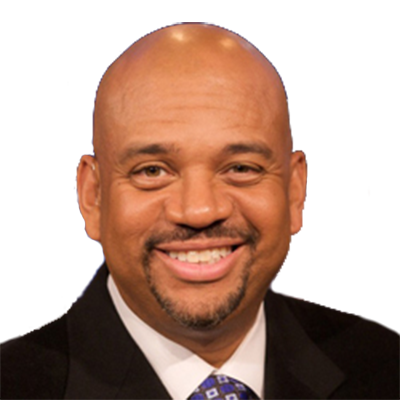 Michael Wilbon
Michael Wilbon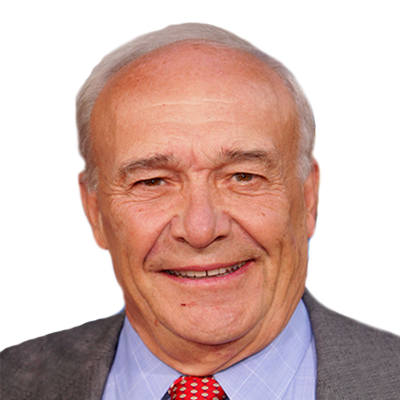 Bill Nack
Bill Nack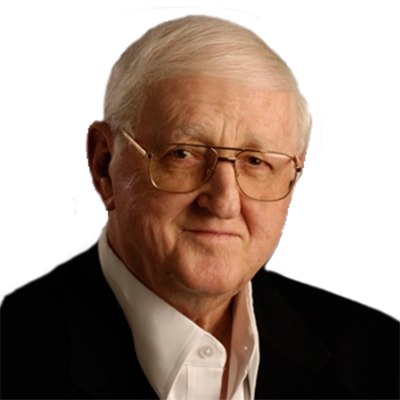 Dan Jenkins
Dan Jenkins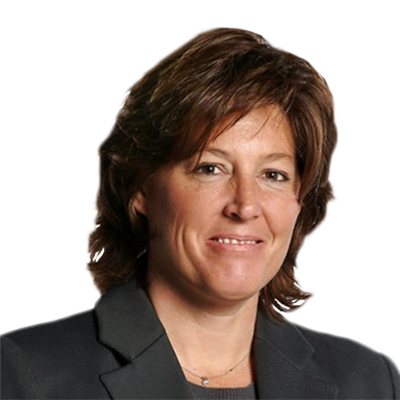 Sally Jenkins
Sally Jenkins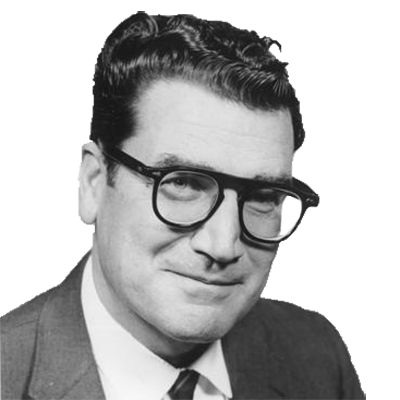 Jim Murray
Jim Murray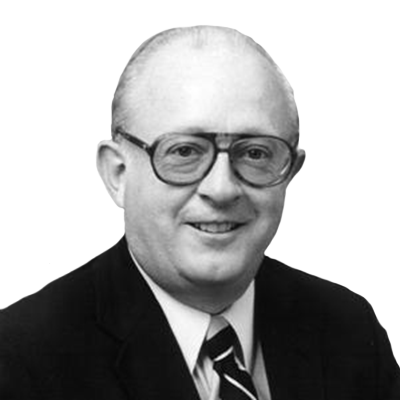 Dave Anderson
Dave Anderson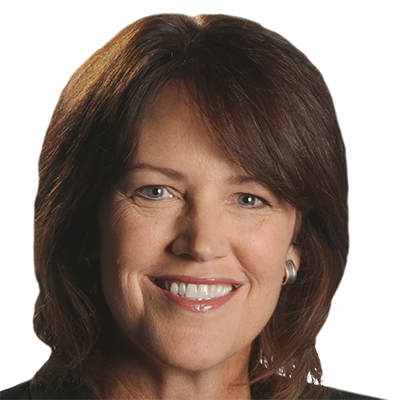 Christine Brennan
Christine Brennan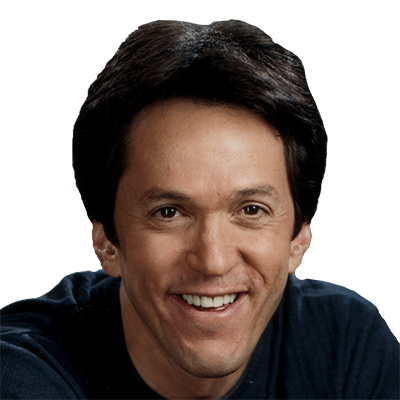 Mitch Albom
Mitch Albom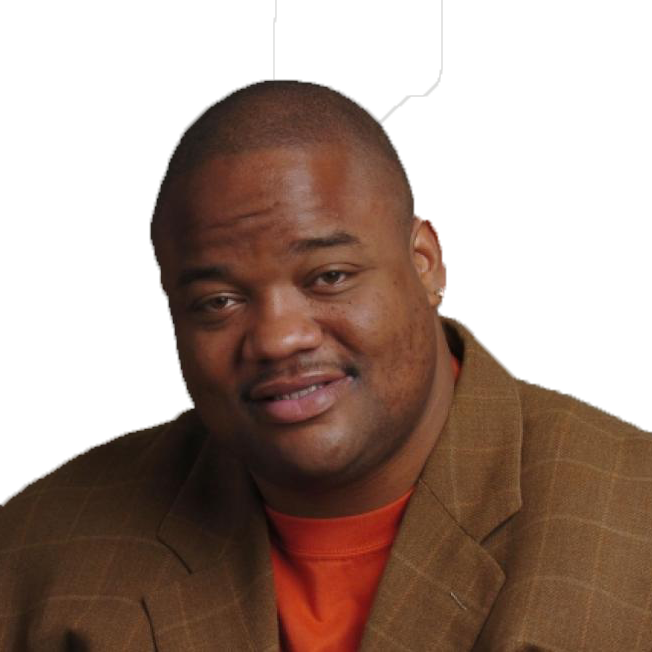 Jason Whitlock
Jason Whitlock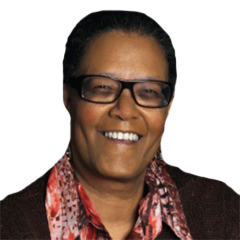 Claire Smith
Claire Smith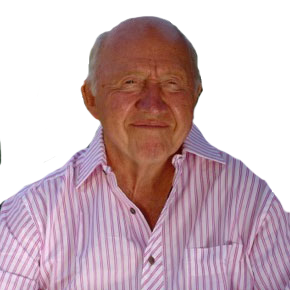 Bud Collins
Bud Collins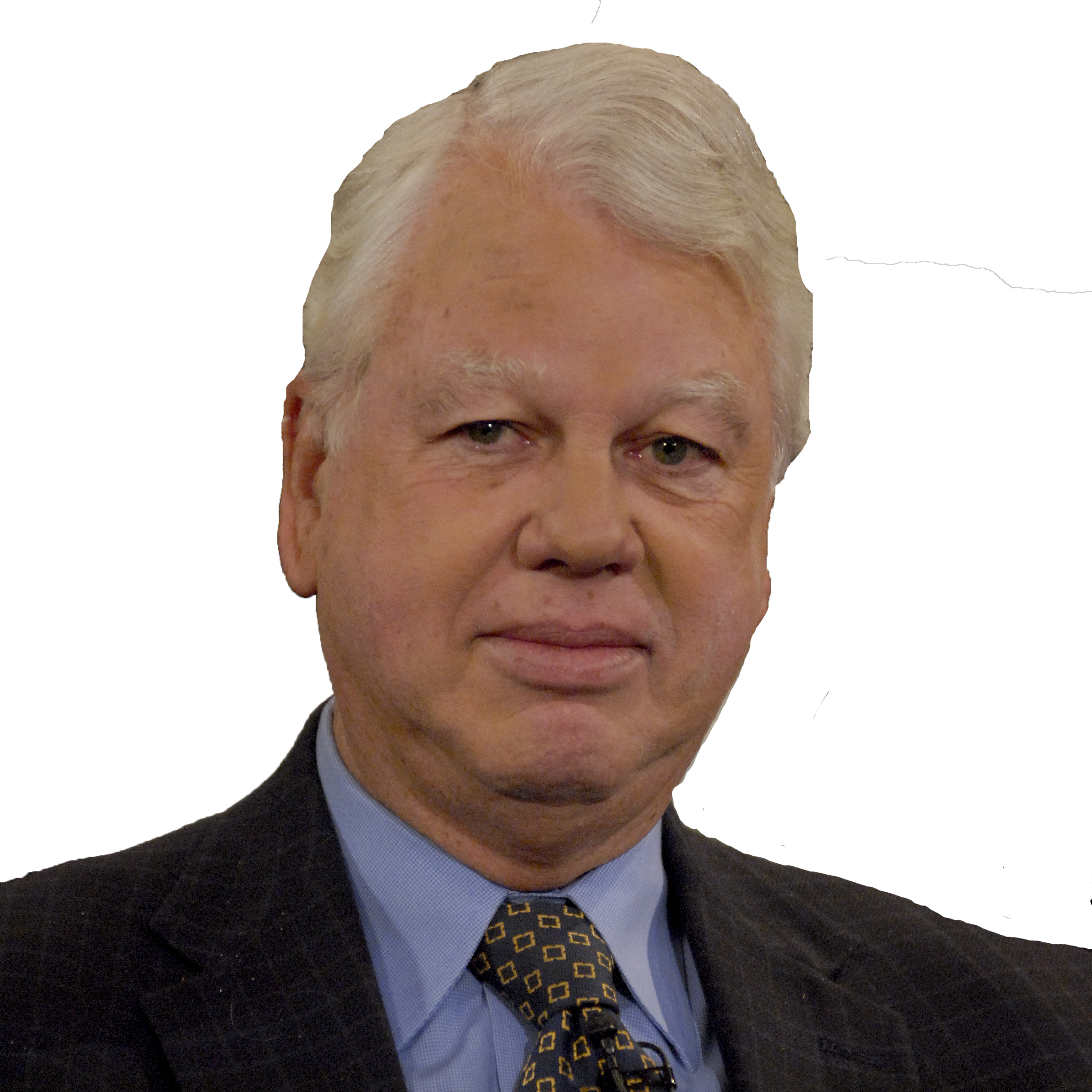 Bob Ryan
Bob Ryan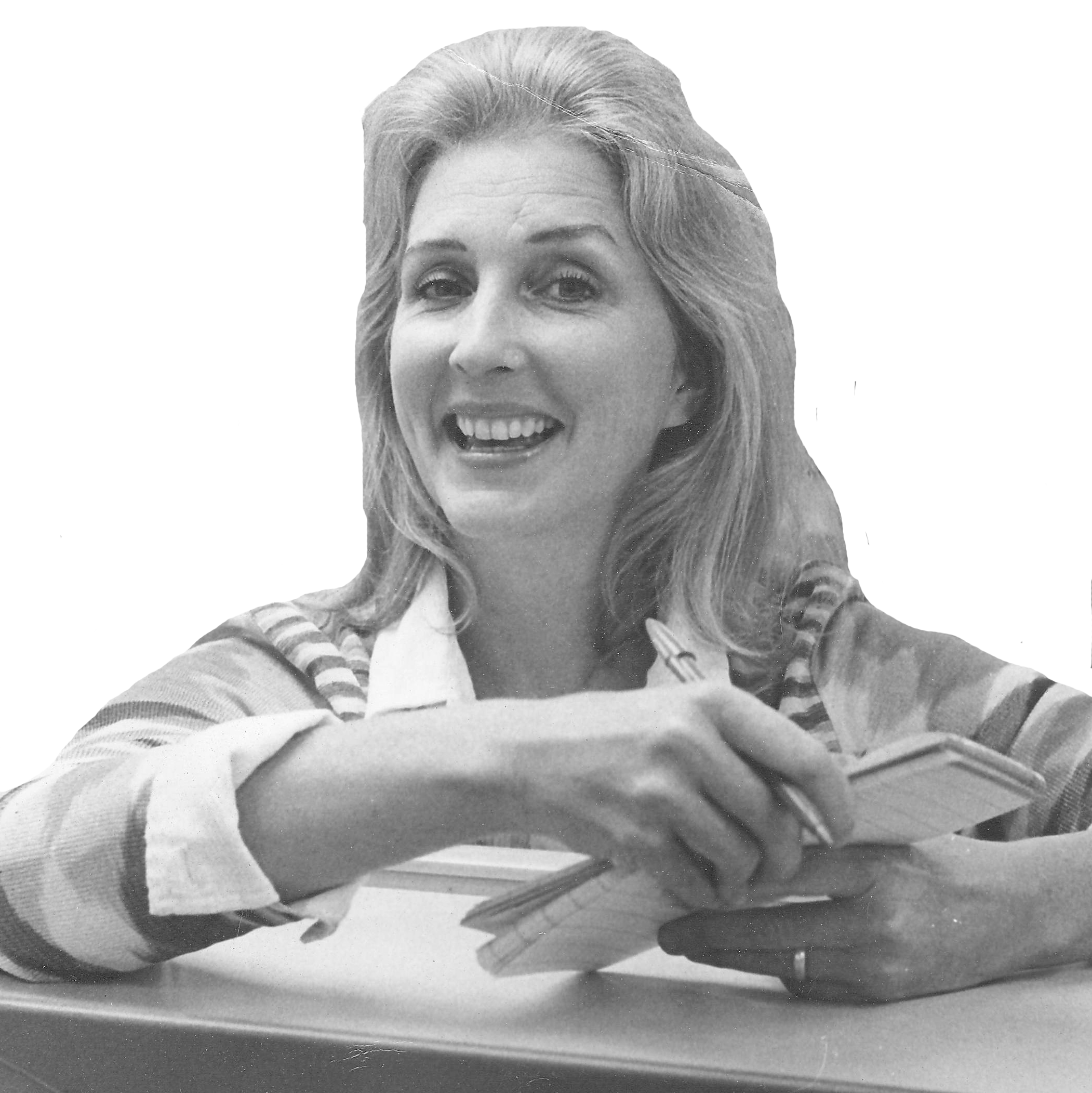 Joan Ryan
Joan Ryan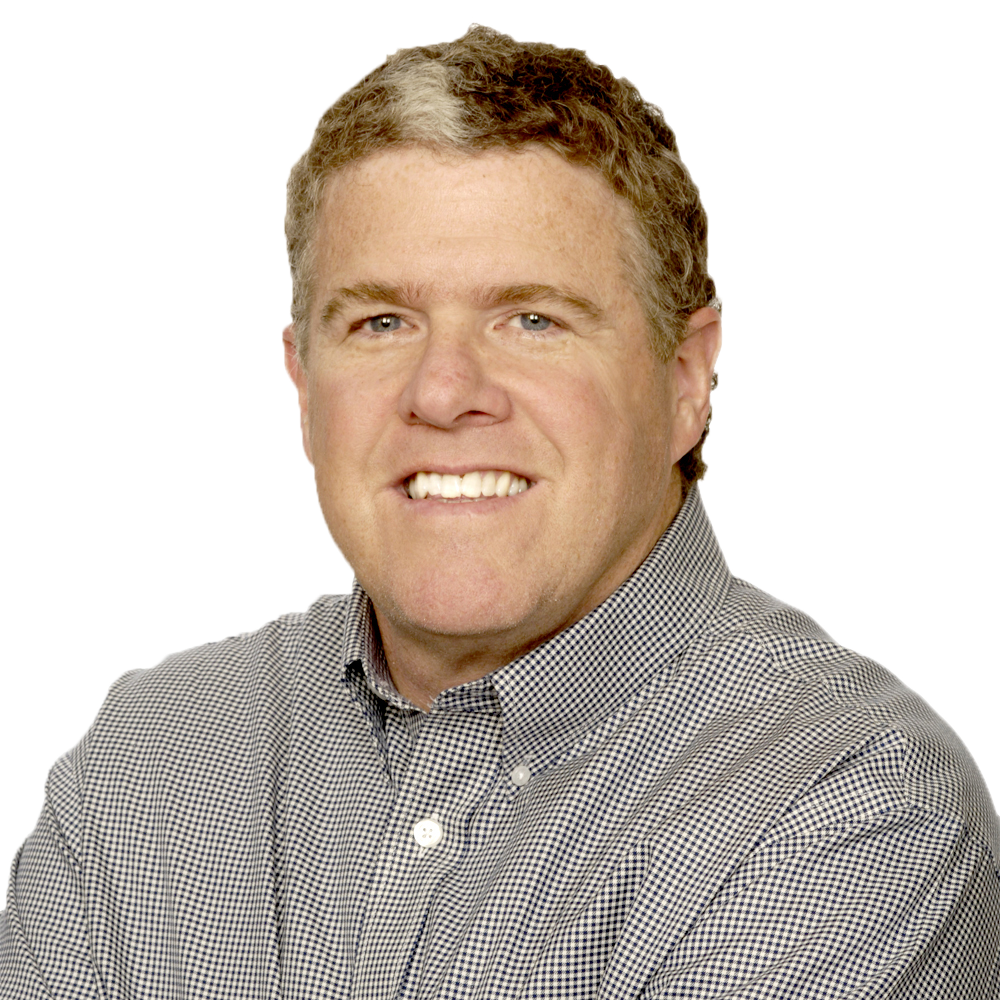 Peter King
Peter King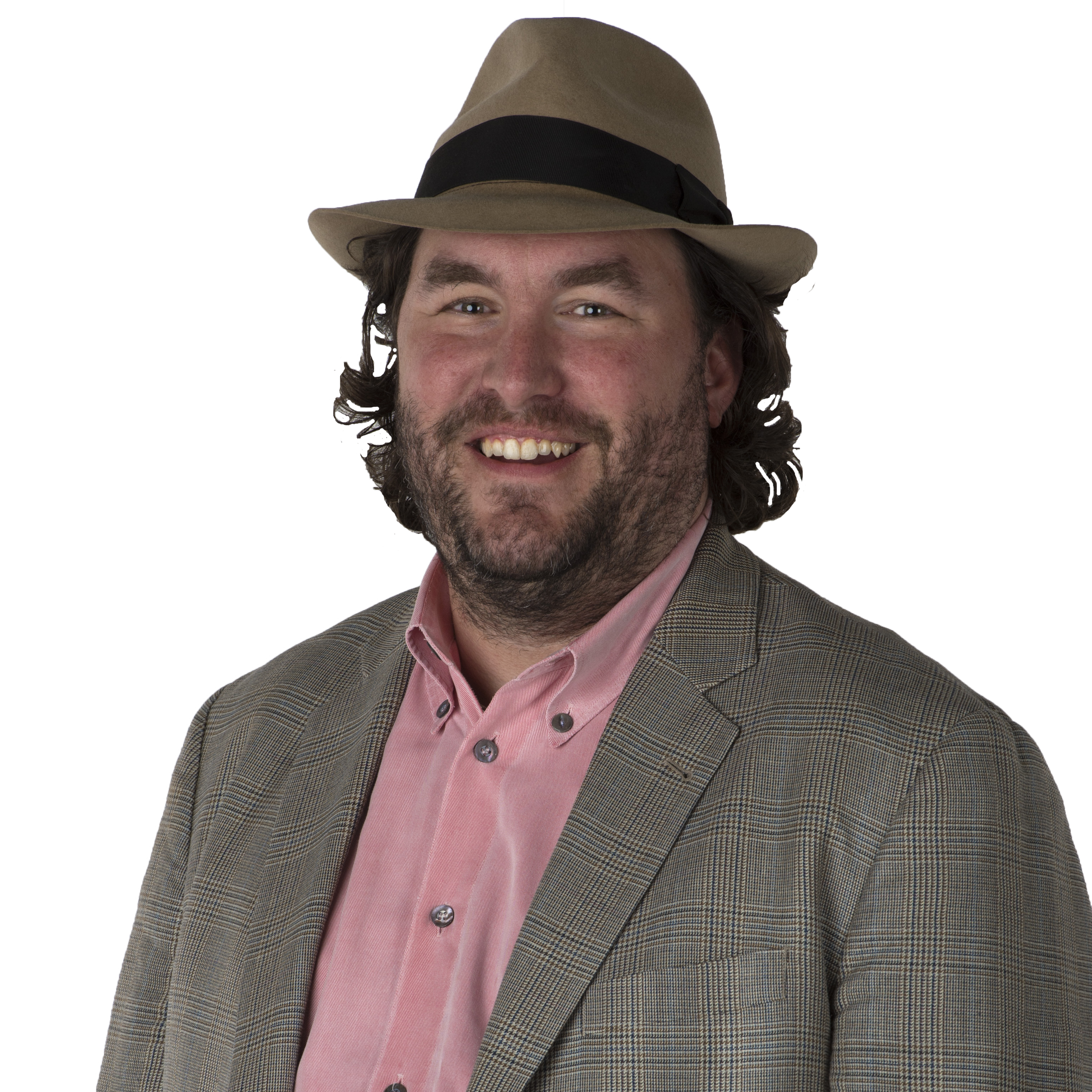 Wright Thompson
Wright Thompson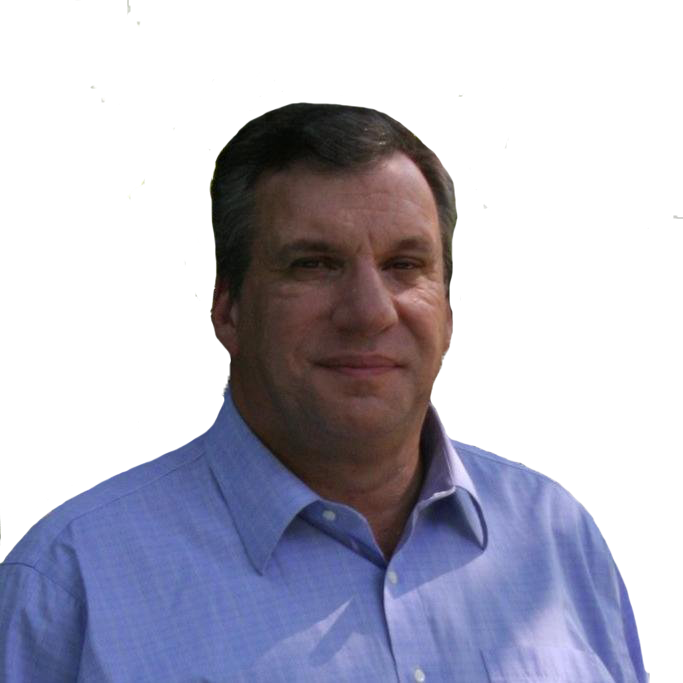 John Feinstein
John Feinstein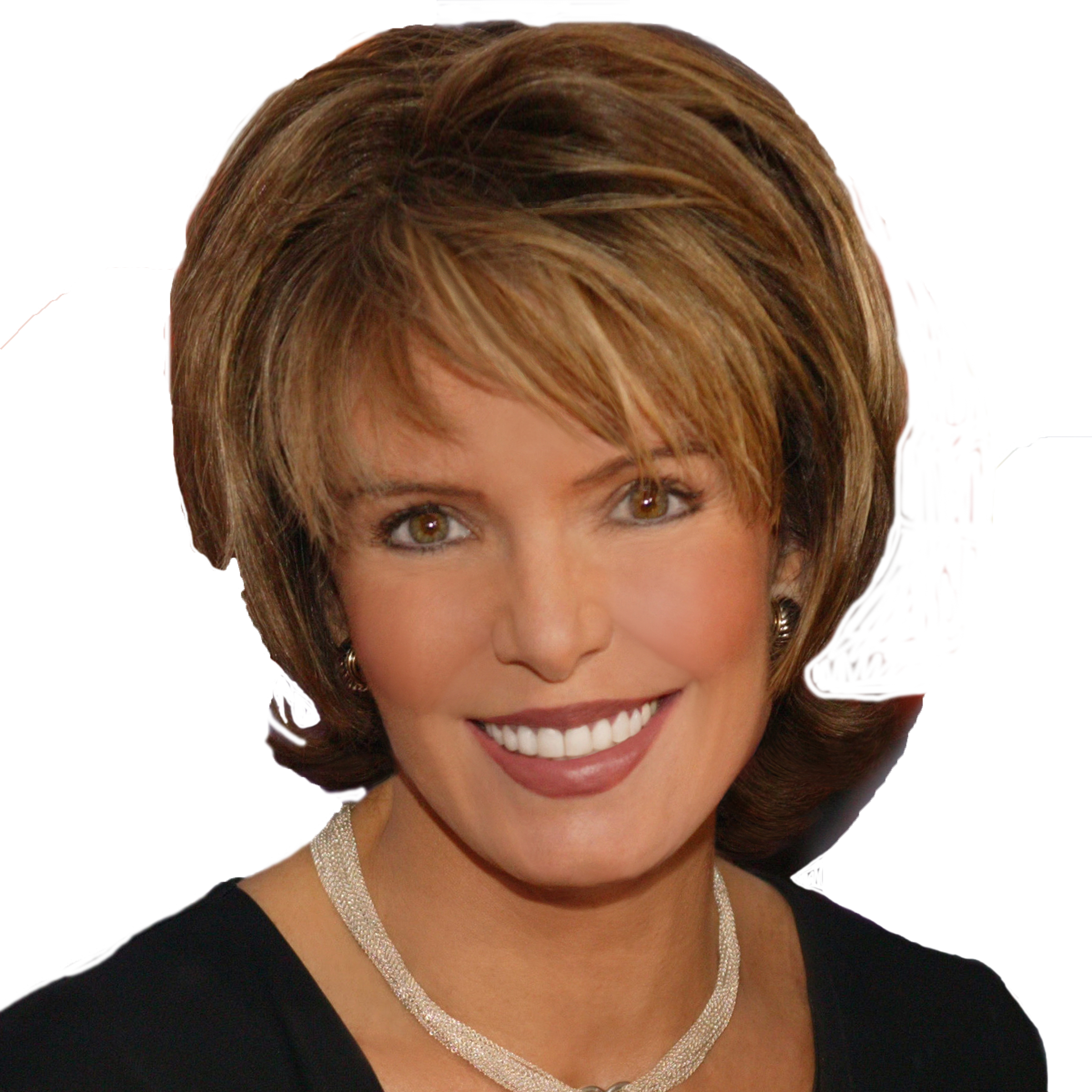 Lesley Visser
Lesley Visser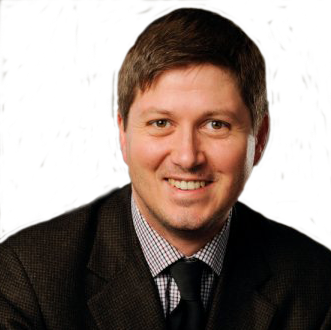 Will Leitch
Will Leitch Tim Kurkjian
Tim Kurkjian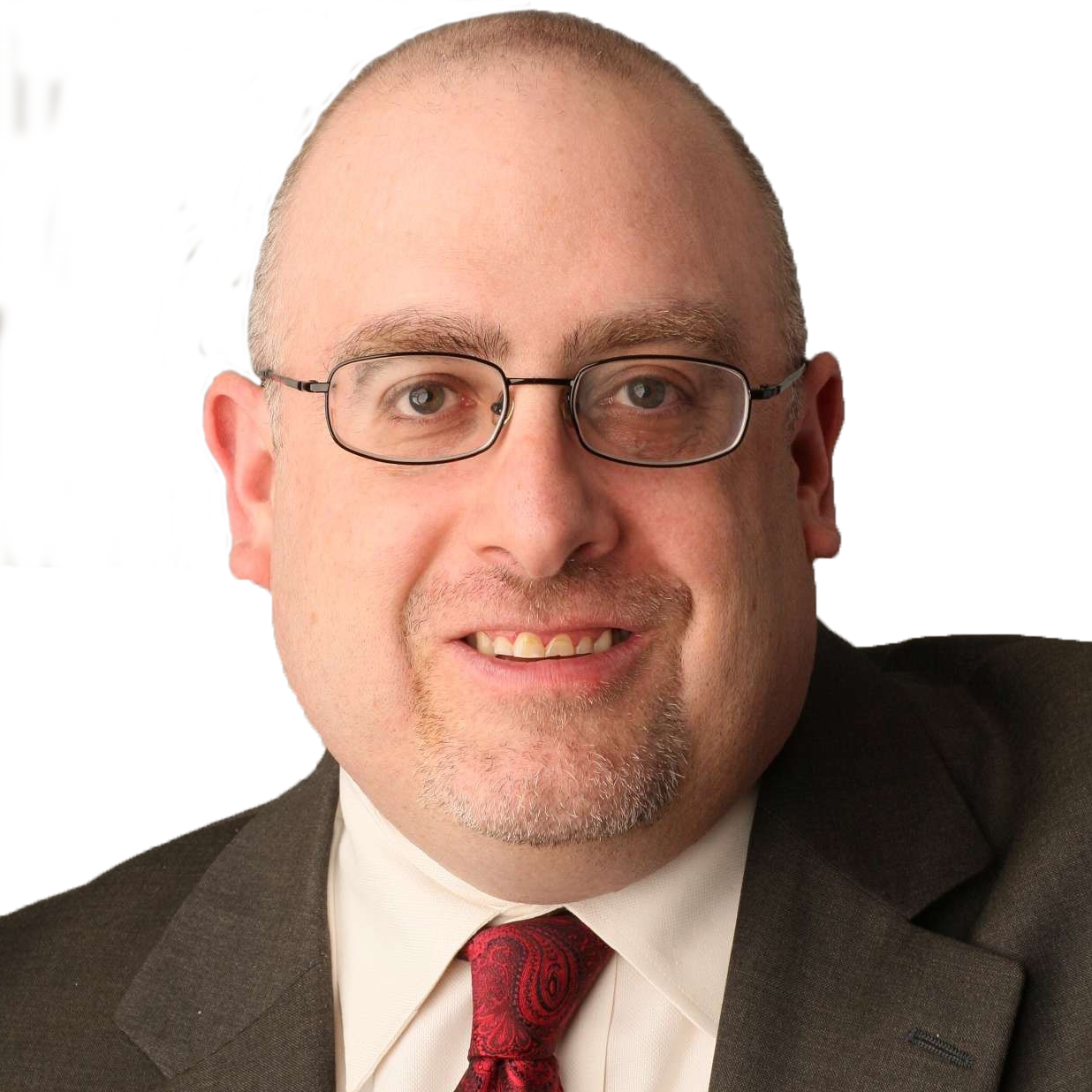 Joe Posnanski
Joe Posnanski
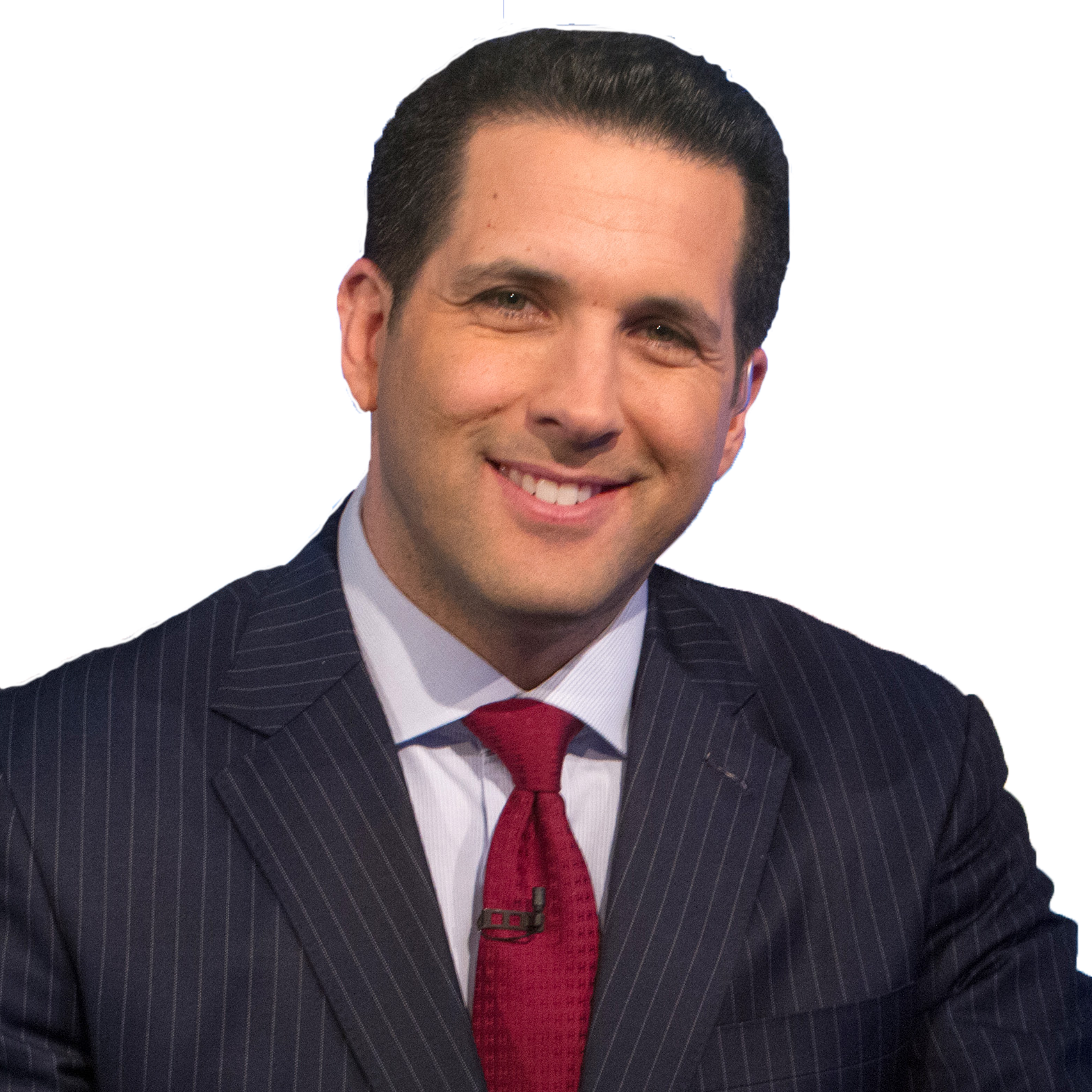 Adam Schefter
Adam Schefter
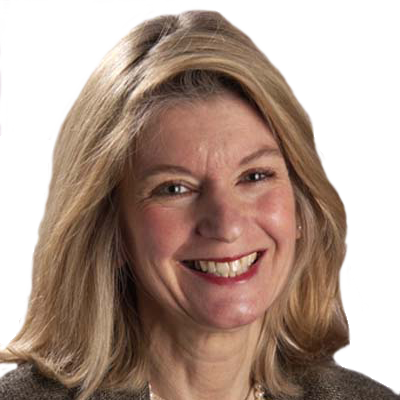 Terry Taylor
Terry Taylor
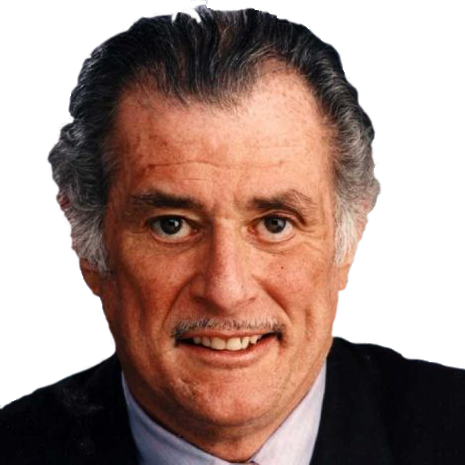 Frank Deford
Frank Deford
 Tom Boswell
Tom Boswell
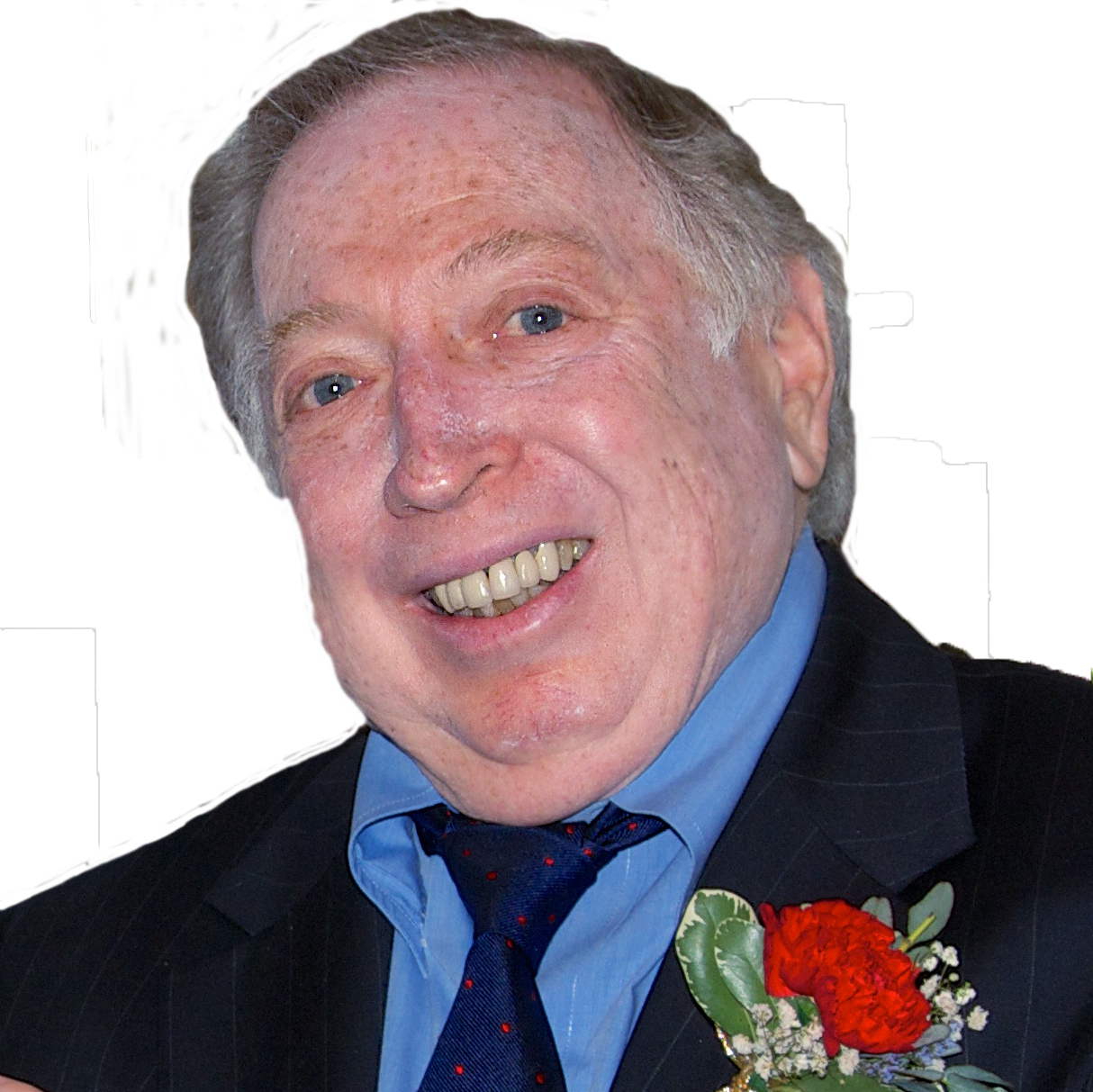 Neil Leifer
Neil Leifer
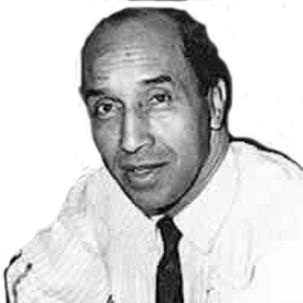 Sam Lacy
Sam Lacy
 Jane Leavy
Jane Leavy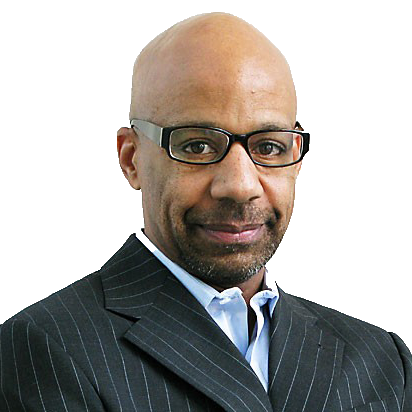 Kevin Blackistone
Kevin Blackistone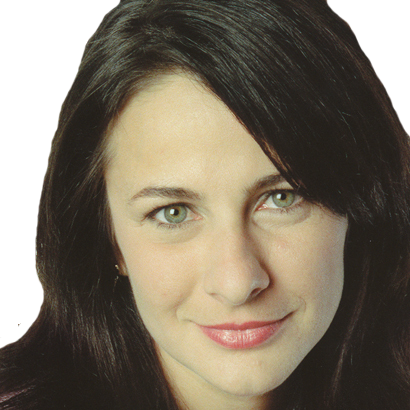 Juliet Macur
Juliet Macur Andrew Beyer
Andrew Beyer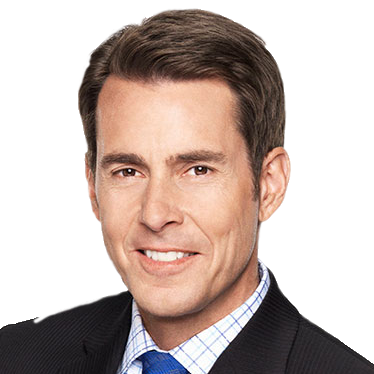 Tom Verducci
Tom Verducci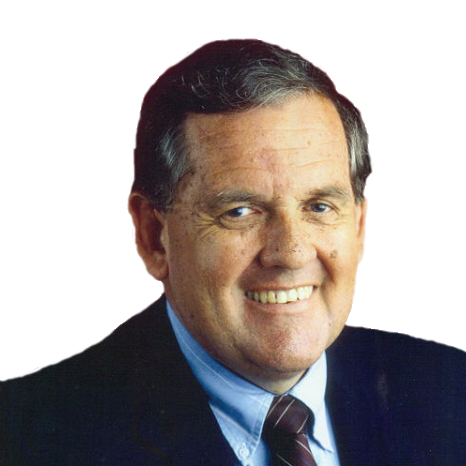 Hubert Mizell
Hubert Mizell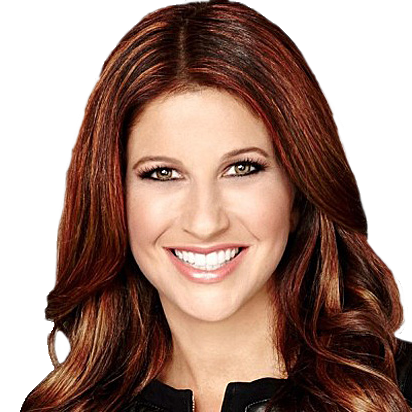 Rachel Nichols
Rachel Nichols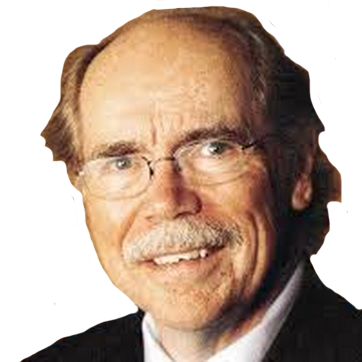 Dave Kindred
Dave Kindred Mike Lupica
Mike Lupica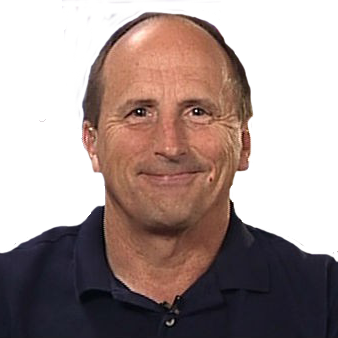 Richard Justice
Richard Justice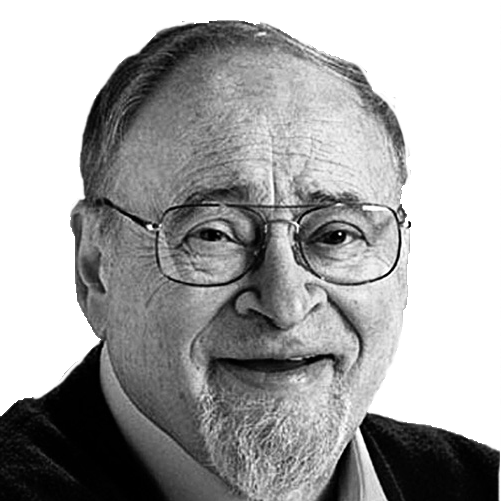 Jerry Izenberg
Jerry Izenberg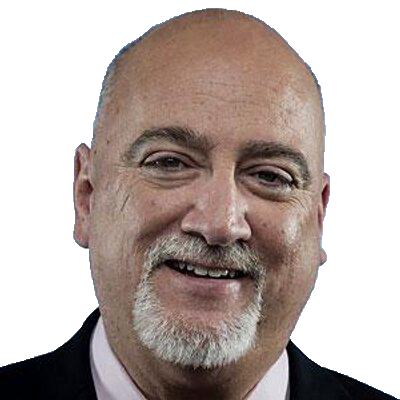 Bill Plaschke
Bill Plaschke Kevin Van Valkenburg
Kevin Van Valkenburg George Vecsey
George Vecsey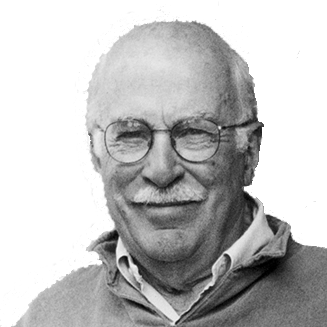 Roger Angell
Roger Angell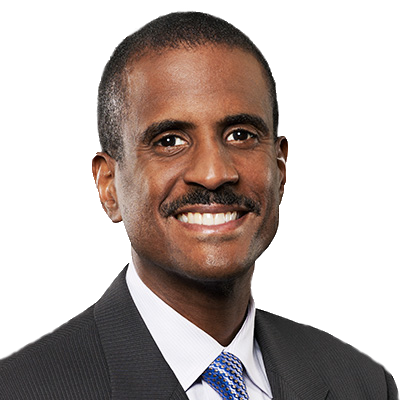 David Aldridge
David Aldridge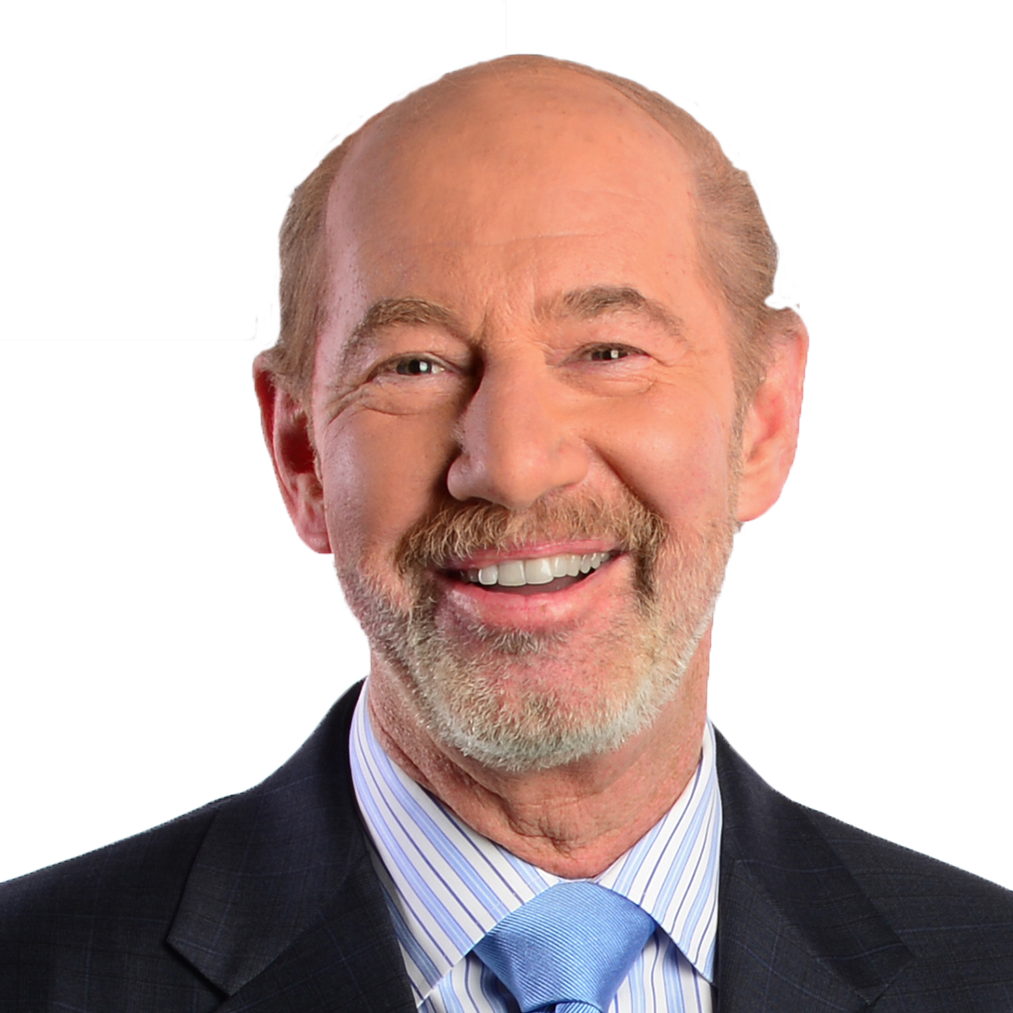 Tony Kornheiser
Tony Kornheiser Jackie MacMullan
Jackie MacMullan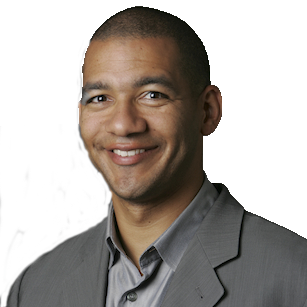 J.A. Adande
J.A. Adande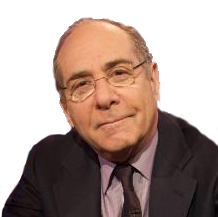 Robert Lipsyte
Robert Lipsyte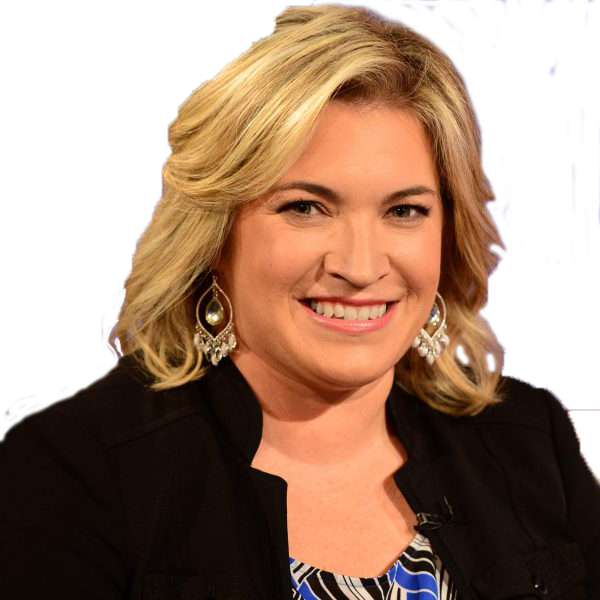 Ramona Shelburne
Ramona Shelburne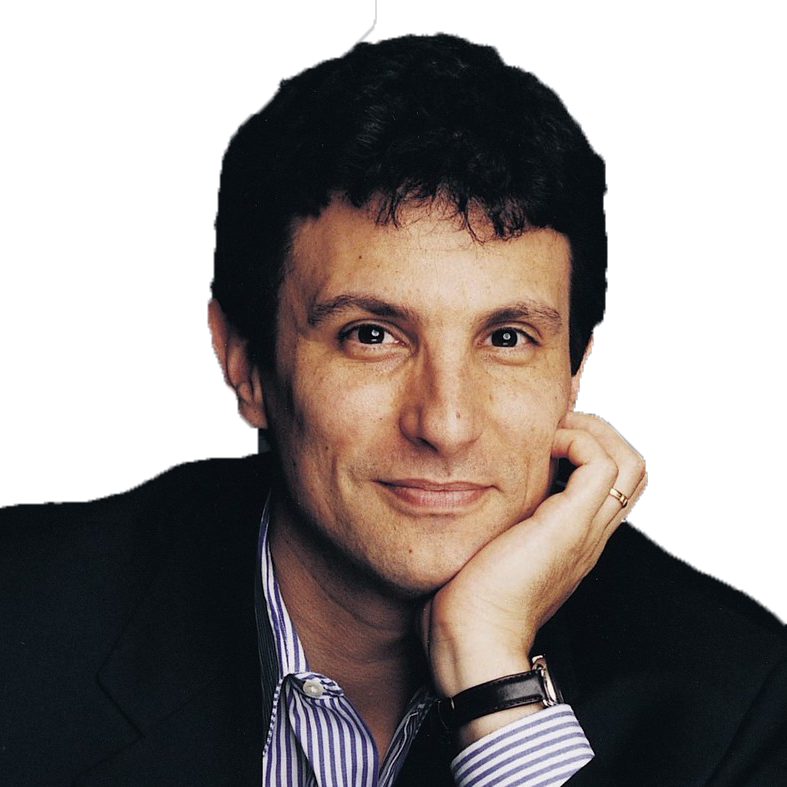 David Remnick
David Remnick Bryan Curtis
Bryan Curtis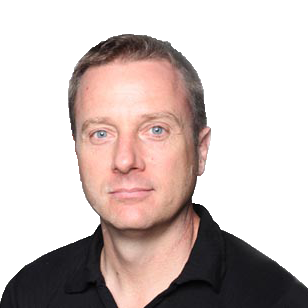 Chuck Culpepper
Chuck Culpepper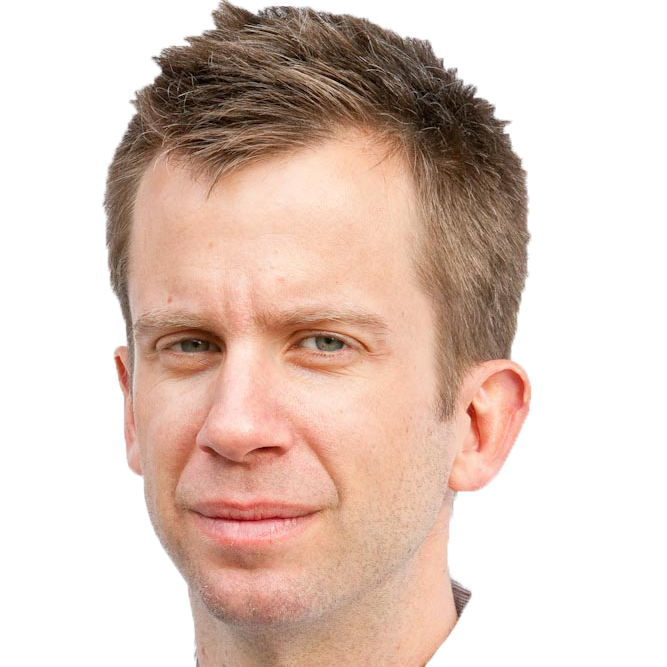 Jason Gay
Jason Gay Heidi Blake
Heidi Blake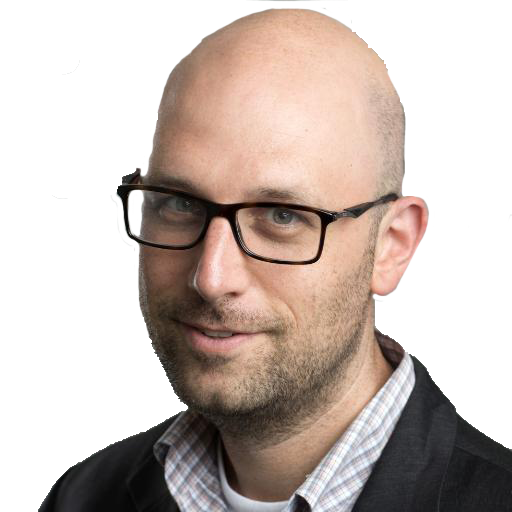 Dan Steinberg
Dan Steinberg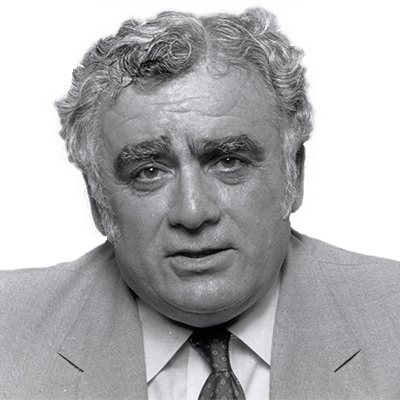 Jerome Holtzman
Jerome Holtzman Barry Svrluga
Barry Svrluga
